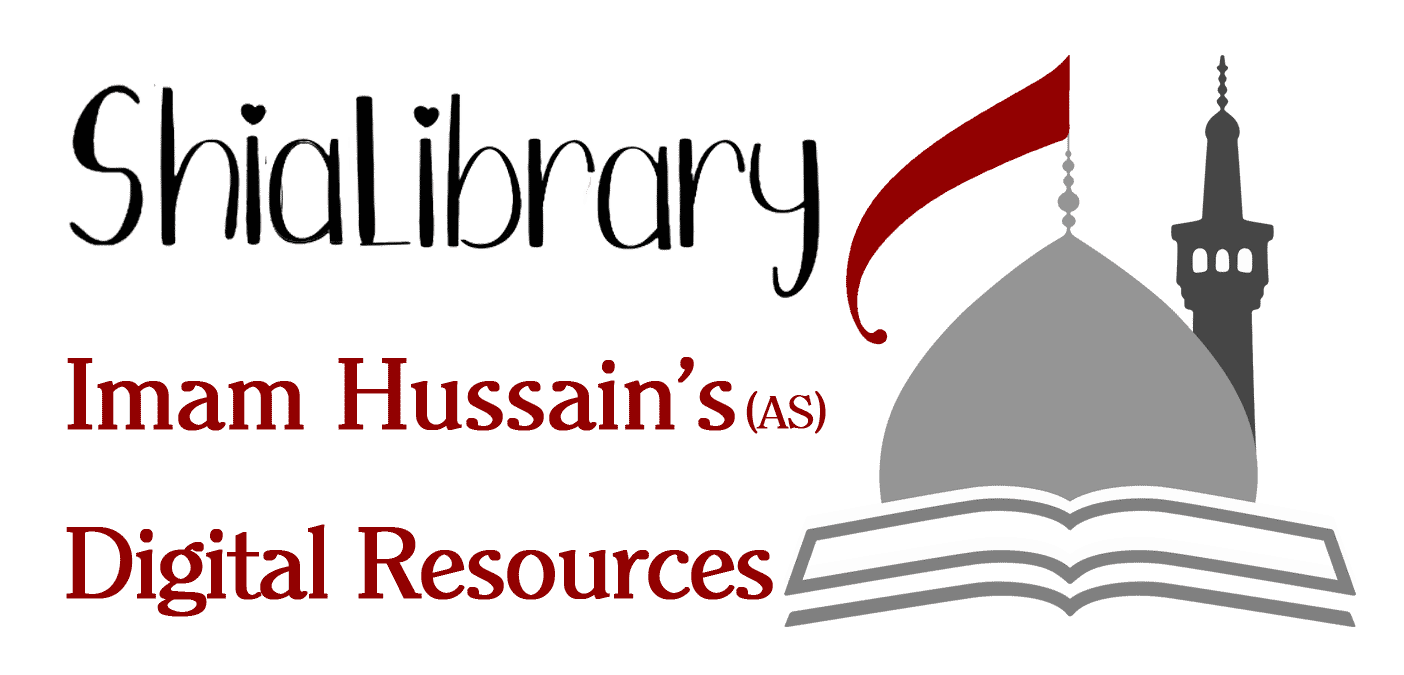Intertextuality of Yaghze in Nahj al-Balagha and Mystical Teachings of Imam Khomeini
خوانش بینامتنی مفهوم "یقظه " در نهج البلاغه و تعالیم عرفانی امام خمینی (رحمت الله علیه)
چکیده: Among the goals of Islamic education are paying attentions to practical mysticism, preparing the necessary elements for mystical journey and expanding its teachings. Since the mystical teachings of Nahj al-Balagha have had a significant impact on later Muslim scholars, such as Imam Khomeini, it is important to consider how and to what extent Imam Khomeini was influenced by the word of Amir al-Mu'minin Ali (AS) in Nahj al-Balagha, including the notion of Yaghze, which is one of the earliest stages of practical mysticism. Given the profound impact of Islamic education on the country's cultural promotion, it is necessary to explain the policies outlined by Imam Ali and the founder of the Islamic Revolution in this regard. The present article through descriptive-analytical study, after explaining the concept of Yaghze (awakening) with an intertextual approach as one of the new approaches to reading and analyzing text, examines the relevance and effectiveness of Imam Khomeini's views and theories in the light of common elements of Imam Ali's words in Nahj al-Balagha. In this regard, the question is to what extent has Imam Khomeini been influenced by the words of Imam Ali (AS) in Nahj al-Balagha on the subject of Yaghze (awakening)? The research hypothesis is that the concept of Yaghze has been used with limited repetition in Imam Khomeini's works, but in most of its applications, Imam Khomeini has been directly influenced by Nahj al-Balagha. توجه به عرفان عملی، زمینه سازی برای سیر الی الله و وسعت بخشیدن به آموزه های آن، از اهداف تعلیم و تربیت اسلامی به شمار می آید . با توجه به آنکه آموزه های عرفانی نهج البلاغه تأثیر قابل توجهی بر اندیشمندان مسلمان متأخر، نظیر امام خمینی (ره) داشته است، عنایت به چگونگی و میزان تأثیر پذیری امام خمینی از کلام امیرالمؤمنین علی (ع) در نهج البلاغه و از آن جمله مفهوم "یقظه" که یکی از مراحل ابتدایی عرفان عملی است، امری بایسته اهتمام می باشد. نظر به تأثیرگذاری وافر تربیت اسلامی بر ارتقای فرهنگی کشور، تبیین خط مشی های ترسیم شده توسط امام علی (ع) و بنیانگذار انقلاب اسلامی (ره) در این زمینه ضرورت دارد. این پژوهش با روش توصیفی- تحلیلی، پس از تبیین مفهوم "یقظه" با رویکرد بینامتنی به عنوان یکی از روشهای نوین در خوانش و تحلیل متن، ارتباط و میزان تأثیر پذیری آرا و نظریات امام خمینی (ره) را در پرتو عناصر مشترک از کلام امام علی (ع) در نهج البلاغه بررسی میکند. در این راستا، این پرسش مطرح است که امام خمینی (ره) در موضوع یقظه تا چه میزان از کلام حضرت علی (ع) در نهج البلاغه تأثیر پذیرفته اند؟ فرضیه تحقیق آن است که مفهوم "یقظه" با تکرار محدود در آثار امام خمینی به کار برده شده است اما در اکثرکاربردهای این مفهوم، امام خمینی با تأثیرپذیری مستقیم از نهج البلاغه، ارتباطی تنگاتنگ را با آن داشته است . نتیجه پژوهش با تمرکز بر شاخص آشکار شدگی یا پنهان سازی در ارتباط این متون، نشان میدهد که نحوه تعامل نهج البلاغه با آثار امام خمینی در موضوع یقظه به صورت ضمنی است و رابطه آنها از نوع رابطه نفی متوازی به شمار می آید .

| contributor author | علایی رحمانی، فاطمه | fa |
| contributor author | لبانی مطلق، صدیقه | fa |
| contributor author | غلامی نژاد، فهیمه | fa |
| date accessioned | 2025-03-15T10:02:40Z | |
| date available | 2025-03-15T10:02:40Z | |
| identifier uri | http://hdl.handle.net/110/22945 | |
| description abstract | Among the goals of Islamic education are paying attentions to practical mysticism, preparing the necessary elements for mystical journey and expanding its teachings. Since the mystical teachings of Nahj al-Balagha have had a significant impact on later Muslim scholars, such as Imam Khomeini, it is important to consider how and to what extent Imam Khomeini was influenced by the word of Amir al-Mu'minin Ali (AS) in Nahj al-Balagha, including the notion of Yaghze, which is one of the earliest stages of practical mysticism. Given the profound impact of Islamic education on the country's cultural promotion, it is necessary to explain the policies outlined by Imam Ali and the founder of the Islamic Revolution in this regard. The present article through descriptive-analytical study, after explaining the concept of Yaghze (awakening) with an intertextual approach as one of the new approaches to reading and analyzing text, examines the relevance and effectiveness of Imam Khomeini's views and theories in the light of common elements of Imam Ali's words in Nahj al-Balagha. In this regard, the question is to what extent has Imam Khomeini been influenced by the words of Imam Ali (AS) in Nahj al-Balagha on the subject of Yaghze (awakening)? The research hypothesis is that the concept of Yaghze has been used with limited repetition in Imam Khomeini's works, but in most of its applications, Imam Khomeini has been directly influenced by Nahj al-Balagha. | en |
| description abstract | توجه به عرفان عملی، زمینه سازی برای سیر الی الله و وسعت بخشیدن به آموزه های آن، از اهداف تعلیم و تربیت اسلامی به شمار می آید . با توجه به آنکه آموزه های عرفانی نهج البلاغه تأثیر قابل توجهی بر اندیشمندان مسلمان متأخر، نظیر امام خمینی (ره) داشته است، عنایت به چگونگی و میزان تأثیر پذیری امام خمینی از کلام امیرالمؤمنین علی (ع) در نهج البلاغه و از آن جمله مفهوم "یقظه" که یکی از مراحل ابتدایی عرفان عملی است، امری بایسته اهتمام می باشد. نظر به تأثیرگذاری وافر تربیت اسلامی بر ارتقای فرهنگی کشور، تبیین خط مشی های ترسیم شده توسط امام علی (ع) و بنیانگذار انقلاب اسلامی (ره) در این زمینه ضرورت دارد. این پژوهش با روش توصیفی- تحلیلی، پس از تبیین مفهوم "یقظه" با رویکرد بینامتنی به عنوان یکی از روشهای نوین در خوانش و تحلیل متن، ارتباط و میزان تأثیر پذیری آرا و نظریات امام خمینی (ره) را در پرتو عناصر مشترک از کلام امام علی (ع) در نهج البلاغه بررسی میکند. در این راستا، این پرسش مطرح است که امام خمینی (ره) در موضوع یقظه تا چه میزان از کلام حضرت علی (ع) در نهج البلاغه تأثیر پذیرفته اند؟ فرضیه تحقیق آن است که مفهوم "یقظه" با تکرار محدود در آثار امام خمینی به کار برده شده است اما در اکثرکاربردهای این مفهوم، امام خمینی با تأثیرپذیری مستقیم از نهج البلاغه، ارتباطی تنگاتنگ را با آن داشته است . نتیجه پژوهش با تمرکز بر شاخص آشکار شدگی یا پنهان سازی در ارتباط این متون، نشان میدهد که نحوه تعامل نهج البلاغه با آثار امام خمینی در موضوع یقظه به صورت ضمنی است و رابطه آنها از نوع رابطه نفی متوازی به شمار می آید . | fa |
| language iso | الفارسية | ar |
| language iso | Persian | en_US |
| language iso | فارسی | fa |
| title | Intertextuality of Yaghze in Nahj al-Balagha and Mystical Teachings of Imam Khomeini | en |
| title | خوانش بینامتنی مفهوم "یقظه " در نهج البلاغه و تعالیم عرفانی امام خمینی (رحمت الله علیه) | fa |
| type | مقاله | |
| type | بحوث و مقالات | ar |
| type | Article | en_US |
| journal title | پژوهشهای نهج البلاغه | fa |
| source Database | ISC | |
| contenttype | فقط بيانات | ar |
| contenttype | Metadata Only | en_US |
| contenttype | فراداده | fa |
| subject keywords | نهج البلاغه | fa |
| subject keywords | امام خمینی | fa |
| subject keywords | بینامتنیت | fa |
| subject keywords | عرفان عملی | fa |
| subject keywords | یقظه | fa |
| year publication | 1397 | |
| source Onlinelink | https://search.isc.ac/DL/Lend%20Service/LendService/Get_TitleSearchResultDetail.aspx?DTC=8&DC=1155705 | |
| pages | 22 |
